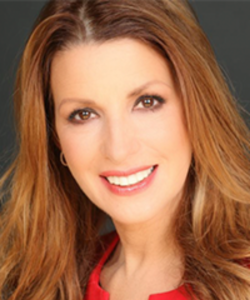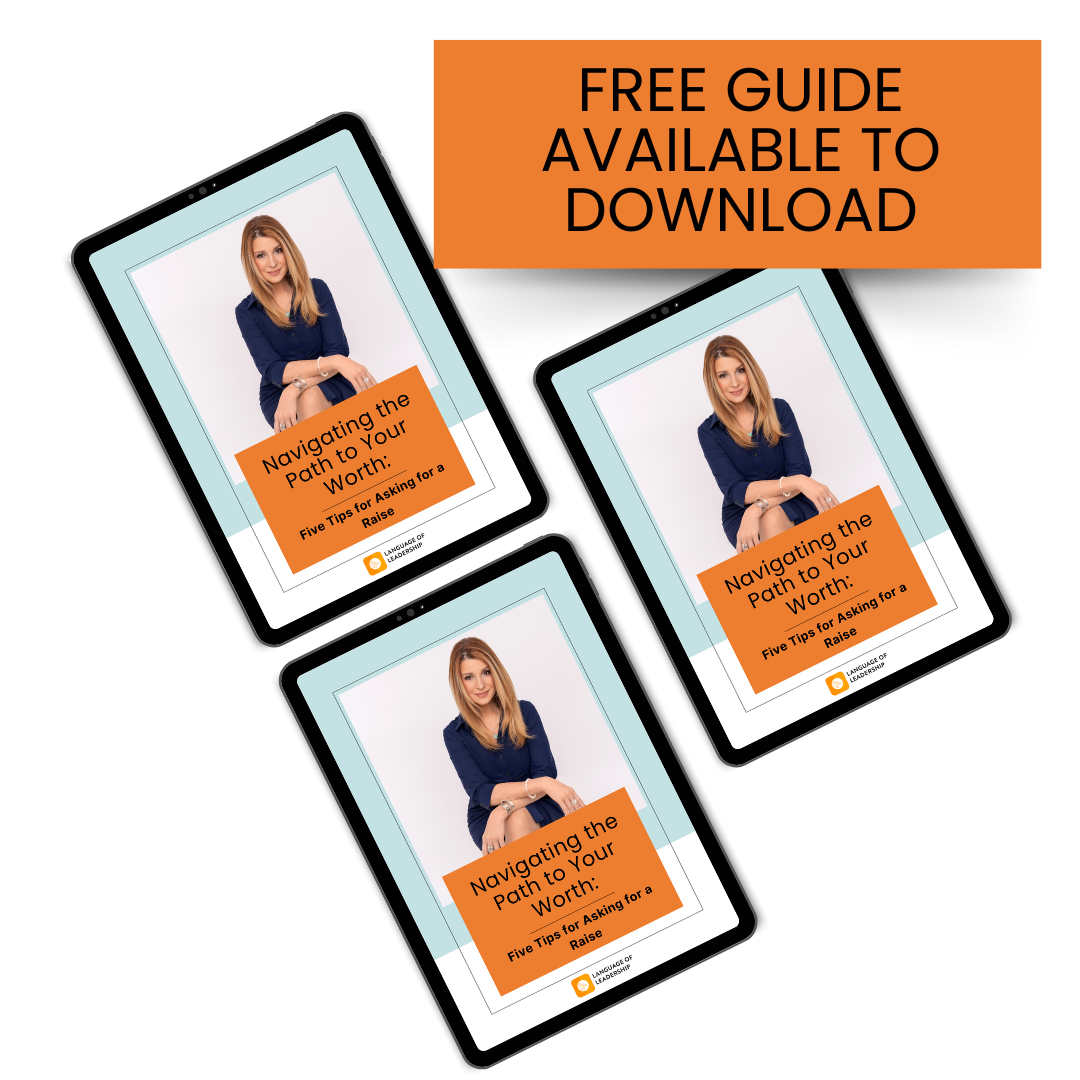“I need to recalibrate,” the health care executive reflected this past week. The discussion was part of my live, virtual (of course, what else?) seminar on acquiring new communications strategies and behavior modifications to better connect in our increasingly tricky, combined world of supporting both in-office and remote working teams.
She has been with her organization for nearly ten years and yet this was the first time she had truly considered how she could move from being a communicator by default to a communicator by design and purpose. “We’re meeting unmet needs,” the sponsor for the webinar pointedly summed up as I explained my incremental and revolutionary approach to leadership and communications which requires active mindfulness, humility and willingness to relearn all underpinned by a growth mindset.
Another participant remarked that she would add the attribute of “courage and bravery” to the list of requirements necessary to begin adapting to and applying this new approach. I agree. So, for today, I’d like to spend a few minutes examining these concepts. As my participants’ identities must remain anonymous due to the proprietary nature of my corporate seminar, I am going to share the unfolding story of my former mentee and coaching client Irene Ubani to illustrate each of the points.
1) Be humble and cultivate a desire to relearn
I’ve written about Irene before in a previous column, but for a quick refresher, I met her in 2014 during my first of many training visits in and throughout Nigeria. She was in college, studying business and communications. She confided she wanted to become a “TV presenter” as I had been and implored me to mentor her. Over the next couple of years, Irene regularly emailed me clip after video clip delivering mock reports that I responded to with guidance, correction and advice. I watched her diligently apply my suggestions and develop poise, confidence and clarity presenting that is a pleasure to behold. To this day, I consider her one of my best “students” and Irene describes me as her “first and best coach.”
But, as with my recalibrating executive, we learners don’t have to be in college. Are you humble enough today to acknowledge there is more you can learn?
2) Adopt a growth mindset
At 73 years young, Stanford psychology professor Carol Dweck remains active as the premier expert on mindset theory examining why some people succeed and others don’t.
She emphasizes, “My research looks at the origins of the mindsets people use to structure self and guide their behaviour. I look at motivation, self-regulation, achievement and interpersonal processes.”
If, for example, you are the type of person who tells yourself things like, “Well, that’s just the way I am,” you’re demonstrating a tendency toward a limiting mindset. But, if you consistently tell yourself you can positively change and develop your emotional intelligence and other aspects of your character, you are demonstrating the mindset of openness or “growth”.
Let’s bring back in Irene. You won’t be surprised to learn she’s been working as a business journalist at Nigeria-based television network, Plus TV Africa, broadcasting to more than thirty countries across the continent. Since our first encounter, she has continued to cultivate her skills and growth mindset. It’s what propelled her to make a dramatic decision amidst the backdrop of the pandemic as she quit her secure fulltime job to pursue a new passion, training others.
“I carried on reporting from home during shutdown, but I knew I could use this time to explore something else,” she told me over Whatsapp this past Tuesday. “Some people are scared, thinking, ‘It’s Covid-19, I can’t get another job’ but I told myself I will not be trapped in this mindset. I will not remain in this job because I am afraid of what might come next. I needed to act.”
3) Be brave
This brings me to our third and perhaps most important belief that can either propel or prevent you from acting out: bravery. The participant in my seminar this past week who identified bravery as being an important attribute was recalling a time when she was a young child and, “wasn’t afraid of anything.”
Are you still brave? If so, excellent. If not, you must take steps to restore your inner courage. Consciously or subconsciously, what we think we understand of ourselves comes from the words we tell ourselves. I was impressed when I asked Irene to describe herself to me during our recent call.
“The hardest thing was hitting the send button on my resignation email,” Irene said. “But I know everything is possible and I refuse to let myself be stopped by self-doubt.”
Since hitting that send button, she has set up a “Beginner’s Guide to Public Speaking” course on the Udemy learning platform and already has more than 100 students.
“What do you recommend for someone who might be feeling less than brave?” I asked.
“Be careful what you watch, what you listen to and who you give your time to. If someone transfers bad energy to you, cut them off. Block them from your social media,” Irene sagely suggests. “Be cautious of these things, it is what grooms you as a person.”
For today, then, be brave and hit the send button on recalibrating yourself. Let me know what happens next.
Write to Gina in care of SundayBusiness@independent.ie
With corporate clients in five continents, Gina London is a premier communications strategy, structure and delivery expert. She is also a media analyst, author, speaker and former CNN anchor. @TheGinaLondon







